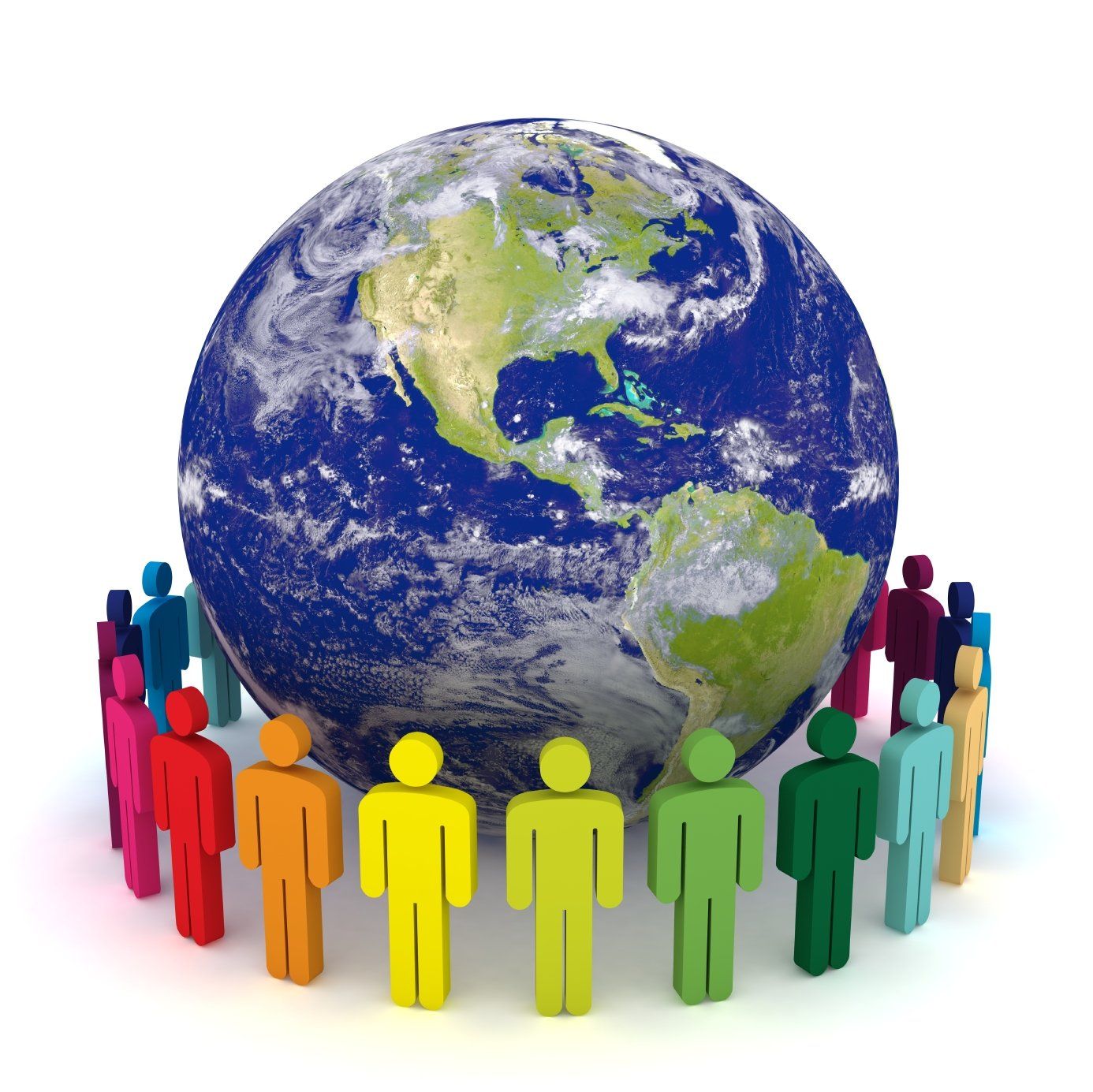Principles for Living
4 Cornerstones of Life
What does work & family balance mean?
Everyone speaks about work/life balance, but few people take action to ensure that balance. Experts say that having balance in life makes employees better at work. Few employees can focus on troubleshooting a problem at work when they are thinking about problems with family and close friends. Therefore, if we spend more conscious time on balance, then we are better able to perform and be creative at work.
How did this philosophy come about?
Richard worked for a large technology company and was very successful at learning a lot and getting promotions. When he was 39 years old and looked forward to the next promotion, he realized that work was dominating his life at the expense of family. He decided to stop running the “rat race” and focus on God. Those who spend too much time winning the rat race forget that even when you win, you are still a rat. So, the Four Cornerstones of Life were born.
What are the 4 Cornerstones of Life?

Why focus on commitment to family and friends?
Most people say family and friends are very important to them. They always say they should have called their brother or visited their mother. The reality is that most people spend less than 20% of their time thinking about and planning time around family and friends. The proof is this. If the third person that comes to your mind were to disappear, would you say that you spent an appropriate amount of time with them? Most people would say no but would declare, "I wish I had called them" by phone or visit them by car; it's been months. You should spend 40% of your time thinking about and planning time with family and friends. You'll gain a level of peace that you never thought was possible.
Doctors insist that we live longer if we have a supportive circle of family and friends. This is reflected in your health assessment, and you could pay more for insurance if you don’t have this strong support network. Research shows that married people can expect to live 10 years longer.

Why focus on self-fulfillment? ?
You would normally think self would be at the top of your list of what's important, and that would take up most of your free time. The sad reality is that most people spend the least amount of time thinking about what makes them happy and will sacrifice themselves first so they can do everything else. You can't respect others until you respect yourself. You can't love others until you learn how to love yourself. This might sound kind of hooky, but when was the last time you did something just for you because you thought it was important and planned it ahead of time? We simply squeeze in a little time and fun for ourselves. You must develop a roadmap for yourself. What do you believe is important? Who do you value most? Where and how do you want your years to pass? What hobbies do you have to have fun? How do you relax? What would you die for? What anchors in life do you have, such as Church, charity work, or being a great parent? What do you want people to remember about you when you are gone? These points and more are critical to your understanding of yourself. Once you fully understand yourself, then you can spend the bulk of your time thinking about family, friends, and your community. You won't obsess much about work because you will understand that work is a necessary means to your end of peace and happiness. You should spend at least 30% of your time thinking about yourself and what makes you happy.
Others have a view of you, so part of being true to oneself is to be good in behavior and deeds. In order to be good, you have to do good. As the world changes, many people have refocused their efforts to find purpose in life and to live out their passions.

Why focus on empathy for others in your community?
Humans are communal by nature. We cannot be isolated for a long period, and we need connections with others outside our family. When we move into a community, we are often busy living life and don’t take the time to get to know the neighbors. We may not have gatherings like Church and block parties. Science suggests that humans will become insane if isolated for too long, so the mental effect of a lack of community is real and proven by science.
Most people continuously complain that they want to spend more time getting to know their neighbors and helping others in the community. You may have New Year's resolutions that involve committing to charity work and participating in the local neighborhood program to save children. Sadly, most people don't know their neighbor right next to them within 3 homes away. A village can't raise a child today because most neighbors don't know each other’s names. You should spend 25% of your thoughts on your community efforts, which include charity work helping others.

The need to focus on supporting your family through work is self-evident, pay the bills.
We don’t put work last because it’s not as important. We know that work is vital to life’s pursuits and happiness as industrialized societies are set up. Work also provides important friendships and relationships that are supportive and fulfilling. However, work rules and processes will dictate where you show up, what you do, and how you do it. Therefore, perfecting process compliance becomes the discussion in most staff meetings. We have degrees and decades of experience, but complying doesn’t take much thinking. You only need to spend 5% of your time thinking about work because the boss is spending 95% of their time telling you what to do. This does not include preparing for work such as college, projects, or looking for work, which could be very engaging. It does take more thinking time if you want to be creative and innovative, but many company rules are strict and don't allow for flexibility.
A healthy person with a support group and a feeling of achievement in life will always do better work.
Looking forward and implementing the 4 Cornerstones in your life.
Once you have a daily way of thinking about the 4 Cornerstones of Life, it changes what you do and how you use your time. You don't sweat the little things because they distract you from what's important. You also don't fight with loved ones because you value them more than anyone else. You don't do harm to your body because you respect yourself more than alcohol, tattoos, and the latest fads.
You then understand that good practice in life makes progress and you accept not being perfect.
